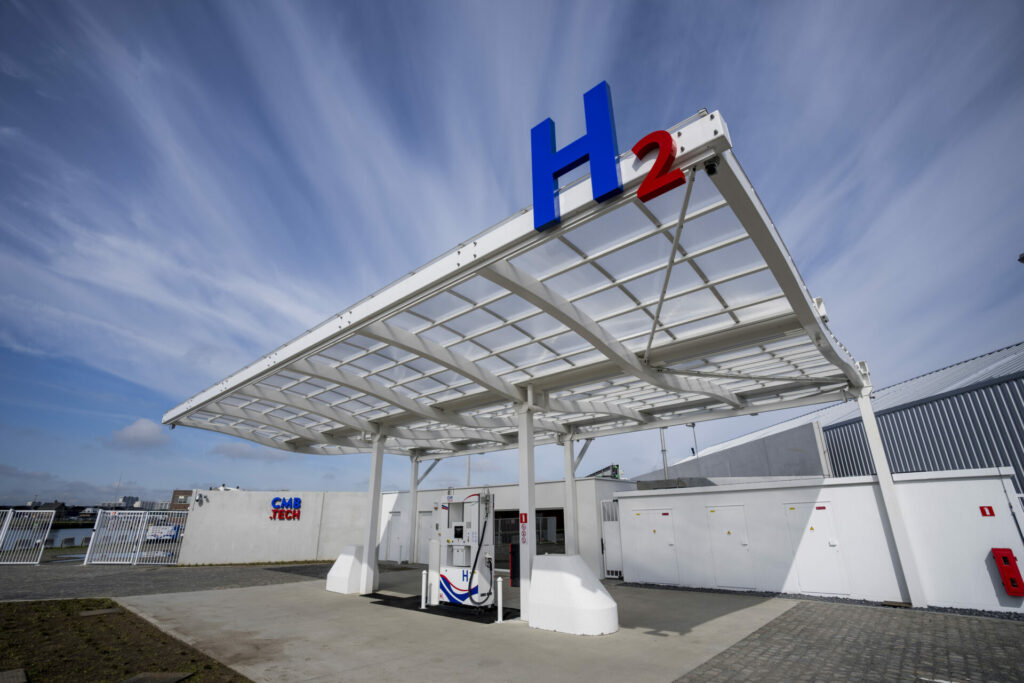Recent political discussions in Belgium about climate change have been dominated by one topic: the use of hydrogen.
Touted as a revolutionary solution to greenhouse gas emissions, this small molecule can burn or generate electricity whilst releasing only water.
This chemical advantage has led leaders to view it as a champion of a clean-energy future. Across Europe, substantial public funding has been earmarked to develop hydrogen production, transportation, and storage infrastructure.
Belgium is keen to ride the wave of the hydrogen revolution, with various industrial actors angling for preferential State treatment for their part in the green energy push.
However, a critical report published by environmental organisations Greenpeace, Canopea, and Bond Beter Leefmilieu serves as a cautionary note against unbridled enthusiasm.
While acknowledging hydrogen's role in the energy transition, the report urges a re-evaluation of Belgium's hydrogen vision, emphasising the limitations of this energy carrier.
Miracle fuel?
The report highlights two major flaws associated with hydrogen: firstly, it is scarce in its natural state, necessitating energy-intensive production; secondly, its energy density per unit volume is considerably lower than that of natural gas, posing challenges in transportation and storage.
The commonly claimed solution to these issues is "green hydrogen", which is produced by electrolysing water with renewable energy.
Despite emitting no CO2 or methane, the report deems this process inefficient and complex, with approximately 50% energy loss during electrolysis and an additional 50% loss during the conversion of hydrogen back into electricity via a fuel cell.
The report also critiques Belgium's strategy of transporting green hydrogen via ship, aiming to become a European hub alongside the port of Antwerp-Zeebrugge.
Environmental associations argue for gaseous imports via pipelines from regions with excess renewable energy, arguing that shipping is economically and ecologically unviable due to hydrogen's low energy density and demanding liquefaction requirements.
Related News
- Europe's green future depends on saving the energy debate from a 'dogmatic sect'
- Belgium's green energy ambitions: Could we really go without fossil fuels?
The report's authors contend that the hydrogen "hype" is diverting attention from crucial reflections on industrial practices. Questions are raised about the compatibility of energy-intensive production processes with regions lacking abundant and affordable renewable energy.
The report suggests that importing steel from certain regions may be more energy-efficient than importing hydrogen for local production.
The report calls for a more measured approach, urging policymakers and industry leaders to consider the inefficiencies of hydrogen and the broader implications for the country's energy landscape.

